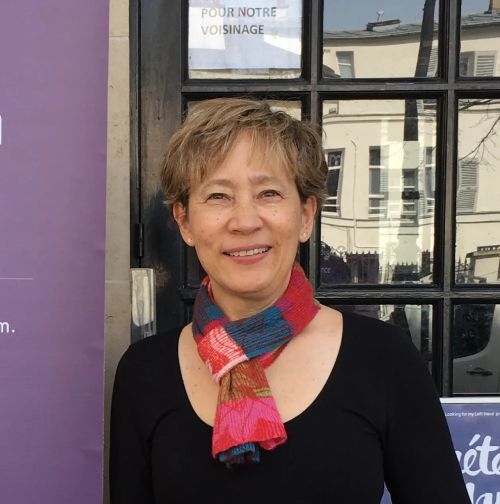Whether it’s anxiety or social anxiety, both affect millions of people around the world. It is one of the most common mental health issues. Begin by understanding the relationships and situations where you feel anxious. Read on for some simple yet powerful next steps.
It’s completely normal to experience feelings of anxiety and fear.
These feelings are like warning signals – something doesn’t feel right inside when you’re in a particular situation. Or you notice that you’re uncomfortable in the presence of certain people. The feeling you get about a person or a situation can affect your emotions, relationships, decision-making, your general sense of wellbeing on a daily basis. In such moments, it can have a huge effect on your self-esteem and overall sense of self.
Your experience with anxiety is unique to you. It varies in intensity and how it is activated.
Social anxiety can be triggered in your daily interactions – at work, at school, at social events, or even in everyday conversations. When you’re with others, you might notice a subtle or deep sense of feeling unsafe forming inside. Your anxiety may stem from experiences you had during childhood. Perhaps it comes as an intense, persistent fear of being judged or watched closely by others. You might be experiencing making friends and keeping friends difficult.
To begin relating to your anxiety, here are some steps to take:
Ground yourself. Find a quiet moment to pause and spend the time to calm your nervous system as a first step. This can make a big difference as it allows you to create a little distance from that part of you that becomes anxious.
Then, with a little bit of distance between you and your anxiety, see if you describe how it feels in your body – a physical sensation, an image, a word or phrase, or a memory might come. You might notice a judgement about it – acknowledge that judgement and set it aside for now. For now, describing your feeling without judgement helps prevent being caught up in it and being identified with it, or acting from it.
Calm living is not the absence of your anxious feeling – it’s being present with it. It’s about creating a holding space for the side of you that gets anxious. This is a moment to relate to yourself from a place of openness and calm curiosity.
While it might seem counter intuitive, we need the energy of anxiety. Making it your ally can positively impact well-being. Harnessing its energy can bring a sense of fresh hope to all aspects of your life.
1. Develop your relationship with your inner world
Take a moment every day to ground yourself. Many people find breathing techniques helpful, and/or guided meditations. Consider writing a journal, or being in nature. Listen to music. In short, find a way to anchor yourself first. Then from a place of calmness, you can turn towards your anxious side and keep it company. Seek out someone you trust often – a friend, a pet, a parent, a therapist. Connect with others.
Take the time to explore and understand your experience of your anxiety and how it feels in your body.
“The bad feelilng is the body knowing and rushing toward what good would be.”
So, take the time to explore and understand your experience of your anxiety and how it feels in your body.
Actively engaging in calming activities enhances your ability to relate calmly with the part of you that gets anxious; because then you become its trusted friend, keeping it company without judging it or trying to change it. Your body begins to let you know what it’s anxious about. Feel that. Pause often. Allow it. Turn toward it. Listen closely. Tune into your felt sense of it, gently and slowly. See what it feels like inside you. You might begin to notice subtle changes the more time you spend time with it. Make time in your day to be with it even if just for a few minutes.
2. Find a way to connect with others and a professional therapist if needed
Your anxiety may be standing in the way of living your best life in the way you want and can therefore be a limiting and isolating experience. You might find it preventing you, therefore, from leading a rich, expanded and fulfilling life.
Living with anxiety often interferes with your important relationships.
It can be an overwhelming and lonely experience. It’s often the result of conditioning or traumatic experiences. The constant challenging thoughts, the urgency and accompanying physical sensations, and the sense of impending doom, can, in turn, bring down your mental, emotional and/or physical well-being. While anxiety is a normal part of life, seeking a therapist may help you understand- and begin to change, your body’s unique response patterns. Greater self-aware helps bring about life-enhancing, long-term changes.
As an experienced Counsellor and Focusing-Oriented Therapist, I would be honoured to walk beside you as you attend to your anxiety. With a Focusing-oriented approach, together we’ll begin to understand the side of you that’s gets anxious and discover your unique experience of it. In this way, the next step forward in your life will begin to form, the next step forward that’s right for you.


